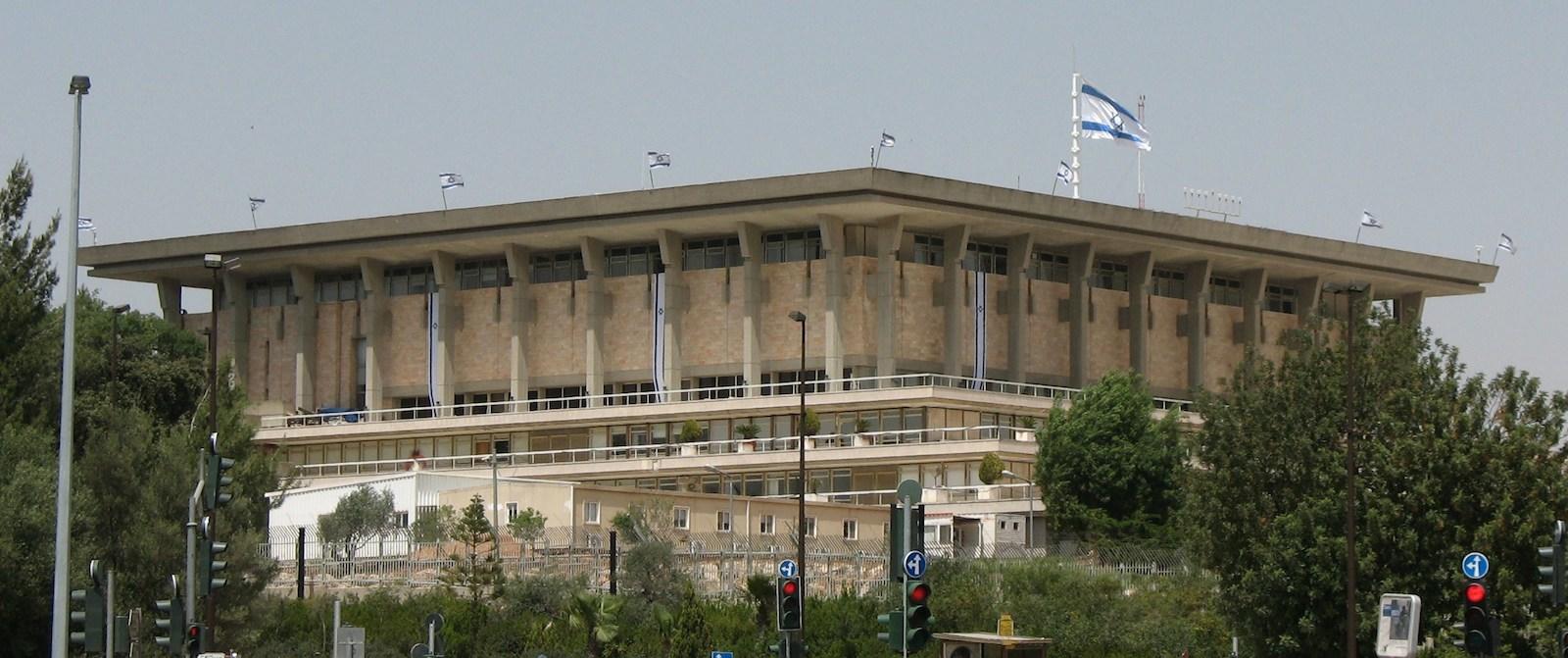Commentary on Parashat Shoftim, Deuteronomy 16:18-21:9
This week’s portion contains a lot of material concerning the government of the original State of Israel; how the king must behave, how to set up a court system, how to run an army, how to set up a legislative system, and more. One of the verses that has always interested me goes like this:
If there should arise a matter too hard for you in judgment, between blood and blood, between plea and plea, between disease and disease, in matters of quarrels within your gates, you are to arise and go up to the place that the Lord your God chooses, you are to come to the Priests, the Levites, and to the judge that there will be in those days, and you shall inquire and they will tell you the word of judgment.
There is a question as to who is being addressed in this verse. One school of thought, expressed by the Ibn Ezra (12th century Spain) and the Chizkuni (Chizkiya ben Manoach, 13th century), believes that the verse is addressed to local Rabbis and judges, and is telling them that if they fail to come to a decision about a case that has come before them, they should take it to the “Supreme Court” — the Sanhedrin in Jerusalem, which will make the final decision.
Another possible reading is that the verse is addressed to the individual Jew, the layperson, rather than to the Rabbis and judges of the lower courts. It is this pshat (reading) that I would like to talk about.
According to this pshat, we are all instructed to turn to the Sanhedrin, the highest legal authority in the nation, ONLY “if there should arise a matter too hard for you in judgment.” In other words, the first response that the layperson is meant to have to a (Jewish legal) question is to see if he or she can answer it by him or herself. Only when failing to do so is the layperson commanded to take the question to Jerusalem and there seek, and accept, the authority of the high court.

Help us keep Jewish knowledge accessible to millions of people around the world.
Your donation to My Jewish Learning fuels endless journeys of Jewish discovery. With your help, My Jewish Learning can continue to provide nonstop opportunities for learning, connection and growth.
I have always felt that this approach is tremendously empowering, and tremendously demanding. The halachic system, rather than simply subjecting us all to the will of the legal scholars of the Sanhedrin whenever there is a halachic question to be resolved, demands of each one of us to become a scholar in his own right. The high court is only there if needed; if we fail to work out, on our own, the Torah’s will in a given situation or conflict. Only then are we commanded to make the trip to Jerusalem and subject ourselves to the will of the experts.
With this verse, the Torah puts before each and every one of us a challenge–the challenge to be our own authority, our own expert, our own leader. The Sanhedrin’s intervention in the halachic process is only called for when we as individuals reach our limits, and need their help. Until then, we are called upon to act as independent, autonomous individuals, struggling on our own to wrest God’s will from His holy texts.
Provided by the Bronfman Youth Fellowships in Israel, a summer seminar in Israel that aims to create a multi-denominational cadre of young Jewish leaders.



